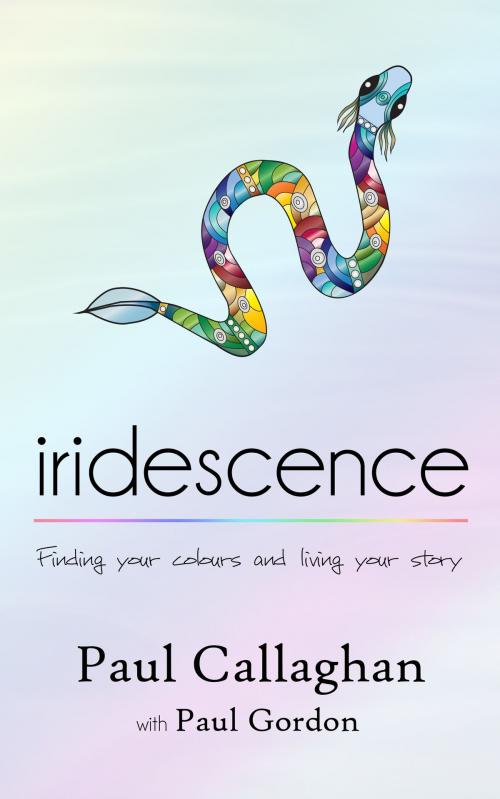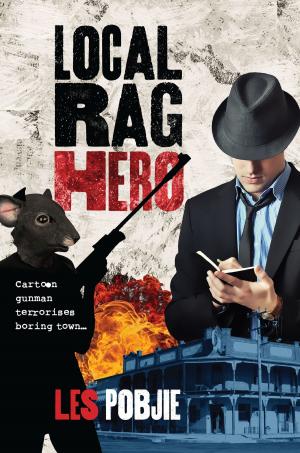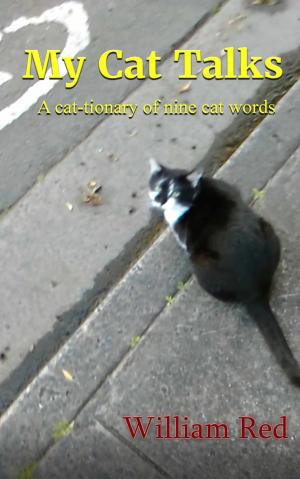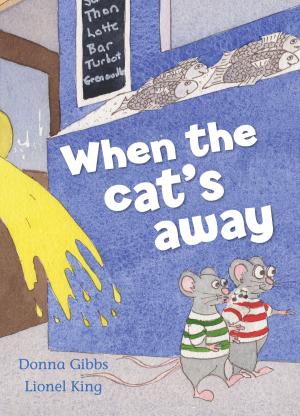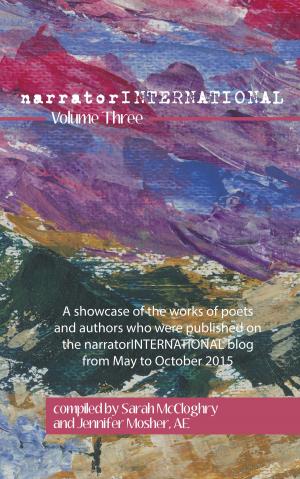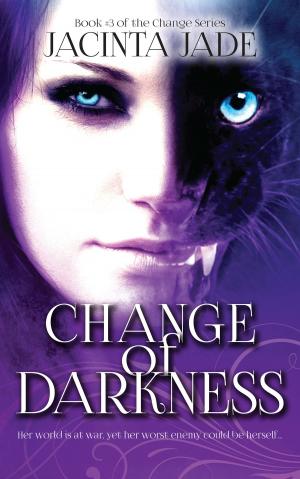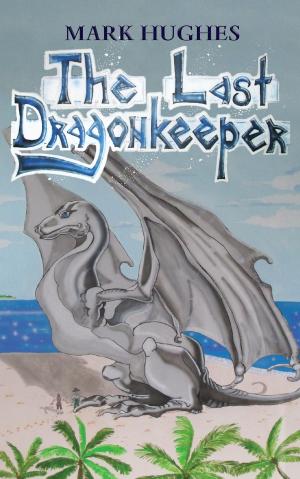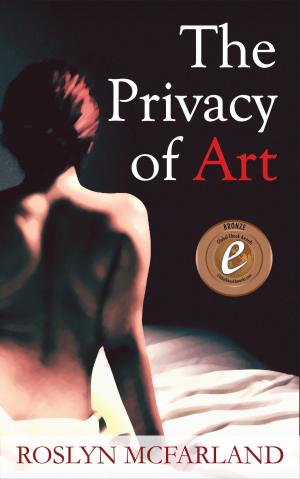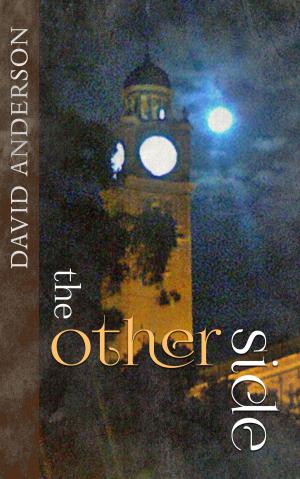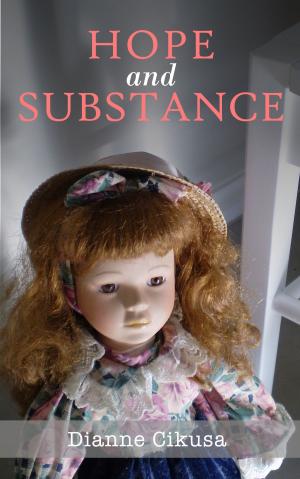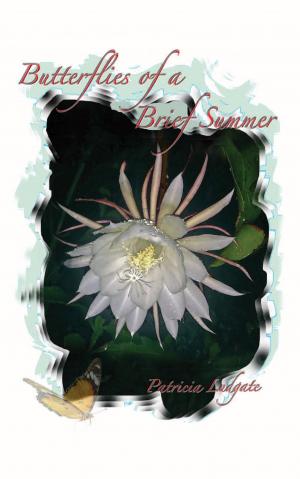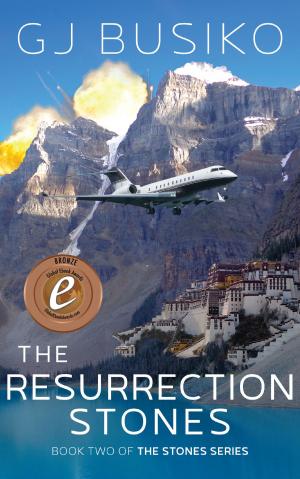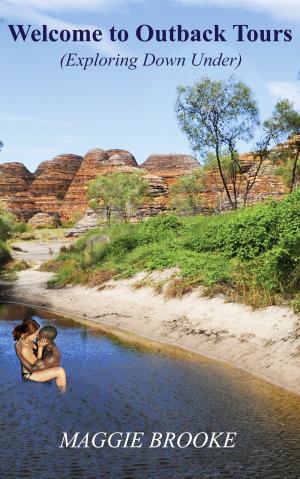iridescence
Nonfiction, Health & Well Being, Medical, Ailments & Diseases, Mental Health, Self Help, Self Improvement, Success| Author: | Paul Callaghan | ISBN: | 9781925219432 |
| Publisher: | MoshPit Publishing | Publication: | December 18, 2014 |
| Imprint: | Smashwords Edition | Language: | English |
| Author: | Paul Callaghan |
| ISBN: | 9781925219432 |
| Publisher: | MoshPit Publishing |
| Publication: | December 18, 2014 |
| Imprint: | Smashwords Edition |
| Language: | English |
This book provides models, insights and exercises on achieving improved wellbeing through traditional Aboriginal culture, philosophy and spirituality. Although the amount of information in the world is increasing at an alarming rate, ancient wisdom is more relevant to our daily lives than ever.
In the 1970s, we were told of the brave new world that awaited us beyond 2000, a world of robots, technology and automation. We were sold an image of a world of increased leisure, a world with more time to connect with friends, family, nature and spirit, a world of increased wellbeing!
It is now 2015 and ‘busy-ness’ has accelerated rather than dissipated. We rush here and there without questioning why. We are seduced by ‘busy-ness’.
Many of us are also seduced by desire. Often the things we desire take us away from wellbeing rather than towards it. Material possessions, power, popularity, fame and fortune are often in our fantasies and dreams waiting for the day when they will become our reality. In addition, we are often conditioned to jump on a treadmill of continual wants. We pursue, wish for and sometimes even pray for what we want rather than what we need.
As a result, we are rarely at peace and find it hard to find the magic in every moment of every hour of every day. Rather than be in the present, our mind is somewhere else, searching for the pot of gold at the end of the rainbow rather than witnessing the magic of the rainbow itself. We ruminate on what we don’t have rather than what we have.
For over 60,000 years, the first nation’s people of Australia have achieved wellbeing through understanding all that they need to live a good life is around them. This knowledge was shared in a holistic mind, body and spirit framework that was lived 24 hours a day, 7 days a week, unlike many of us in today’s world where, mind, body and spirit needs are not integrated and something to contemplate at the end of the working day, week or when we retire.
Paul Callaghan has experienced much in his life. In his earlier years, he felt a sense of achievement from completing formal studies, the overwhelming joy of becoming a father and the satisfaction of career and professional success. Then, to his surprise, he felt the darkness and loneliness of depression. Joy was gone and success a word beyond comprehension and reality.
On his path of recovery Paul realised, again much to his surprise, he hadn’t been walking his footsteps, fulfilling his destiny or living his Dreaming Path. Paul wasn’t living his story or truth. As he searched for answers to this life changing insight, he was introduced to the profound healing of Aboriginal culture, philosophy and spirituality. Paul discovered what it felt like to find himself and to believe in himself. He has also felt the relief and freedom of letting go of desire and embracing thankfulness. He has felt what it is like to connect with his Dreaming Path and live his truth.
Are you living your truth, your story? If not, then iridescence provides you with models, tools, insights, exercises, reflections and 30 specific messages around key themes including your life’s journey, the importance of the past, love, learning, sharing, leadership, laughter, loss, personal power, anxiety, anger, regret, guilt, responsibility, success, wellbeing and truth to help you find your colours so that you can start living your story today.
Are you ready to take that journey?
“The truth is not out there, it is in here, inside you. Are you willing to seek it? And once you find it, are you strong enough to live it?”
Paul Callaghan
“In our stories, everything started from country and our people went out throughout the world and over time their skin changed, language changed, Lore was forgotten. In 1788 some of the forgotten children came back. Now children you are home. You need to wake up and listen to your Elders. It is time for you to learn what you have lost.”
Paul Gordon
This book provides models, insights and exercises on achieving improved wellbeing through traditional Aboriginal culture, philosophy and spirituality. Although the amount of information in the world is increasing at an alarming rate, ancient wisdom is more relevant to our daily lives than ever.
In the 1970s, we were told of the brave new world that awaited us beyond 2000, a world of robots, technology and automation. We were sold an image of a world of increased leisure, a world with more time to connect with friends, family, nature and spirit, a world of increased wellbeing!
It is now 2015 and ‘busy-ness’ has accelerated rather than dissipated. We rush here and there without questioning why. We are seduced by ‘busy-ness’.
Many of us are also seduced by desire. Often the things we desire take us away from wellbeing rather than towards it. Material possessions, power, popularity, fame and fortune are often in our fantasies and dreams waiting for the day when they will become our reality. In addition, we are often conditioned to jump on a treadmill of continual wants. We pursue, wish for and sometimes even pray for what we want rather than what we need.
As a result, we are rarely at peace and find it hard to find the magic in every moment of every hour of every day. Rather than be in the present, our mind is somewhere else, searching for the pot of gold at the end of the rainbow rather than witnessing the magic of the rainbow itself. We ruminate on what we don’t have rather than what we have.
For over 60,000 years, the first nation’s people of Australia have achieved wellbeing through understanding all that they need to live a good life is around them. This knowledge was shared in a holistic mind, body and spirit framework that was lived 24 hours a day, 7 days a week, unlike many of us in today’s world where, mind, body and spirit needs are not integrated and something to contemplate at the end of the working day, week or when we retire.
Paul Callaghan has experienced much in his life. In his earlier years, he felt a sense of achievement from completing formal studies, the overwhelming joy of becoming a father and the satisfaction of career and professional success. Then, to his surprise, he felt the darkness and loneliness of depression. Joy was gone and success a word beyond comprehension and reality.
On his path of recovery Paul realised, again much to his surprise, he hadn’t been walking his footsteps, fulfilling his destiny or living his Dreaming Path. Paul wasn’t living his story or truth. As he searched for answers to this life changing insight, he was introduced to the profound healing of Aboriginal culture, philosophy and spirituality. Paul discovered what it felt like to find himself and to believe in himself. He has also felt the relief and freedom of letting go of desire and embracing thankfulness. He has felt what it is like to connect with his Dreaming Path and live his truth.
Are you living your truth, your story? If not, then iridescence provides you with models, tools, insights, exercises, reflections and 30 specific messages around key themes including your life’s journey, the importance of the past, love, learning, sharing, leadership, laughter, loss, personal power, anxiety, anger, regret, guilt, responsibility, success, wellbeing and truth to help you find your colours so that you can start living your story today.
Are you ready to take that journey?
“The truth is not out there, it is in here, inside you. Are you willing to seek it? And once you find it, are you strong enough to live it?”
Paul Callaghan
“In our stories, everything started from country and our people went out throughout the world and over time their skin changed, language changed, Lore was forgotten. In 1788 some of the forgotten children came back. Now children you are home. You need to wake up and listen to your Elders. It is time for you to learn what you have lost.”
Paul Gordon
